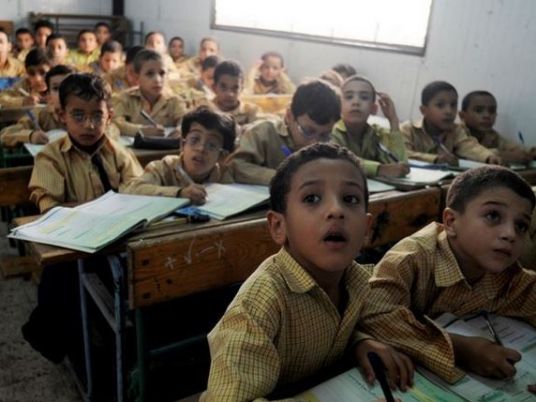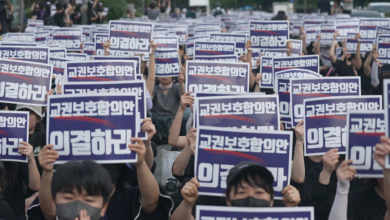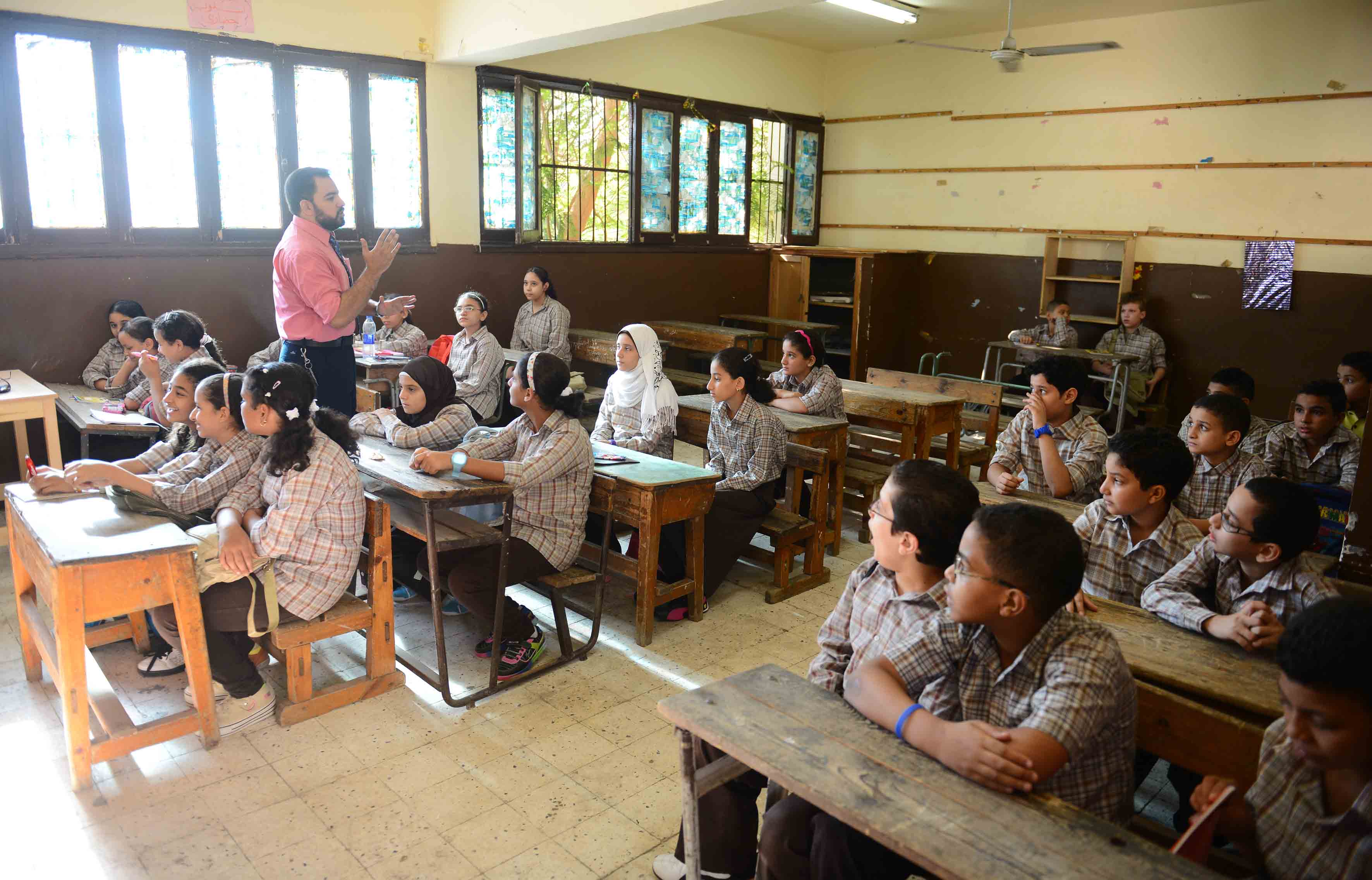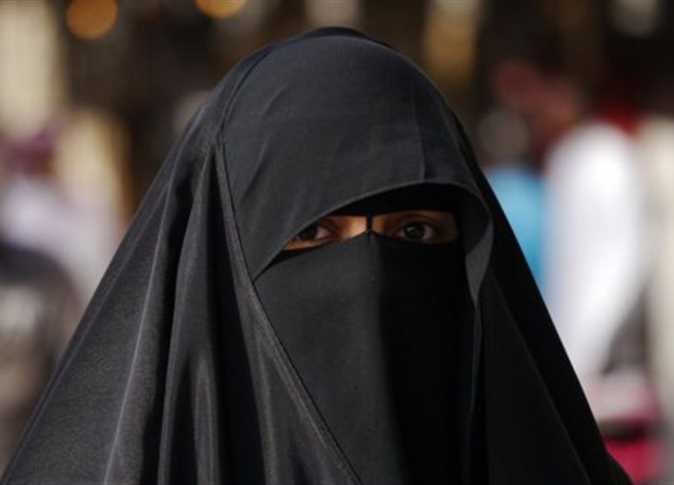New insurance and pensions laws get front billing in Al-Ahram today. Speaking on behalf of Minister of Investment Mohamed Mohie Eddin at yesterday’s opening ceremony of the Euromoney conference in Cairo, Prime Minister Ahmed Nazif announced the completion of a law governing “private insurance trust funds and optional pension companies.” According to Al-Ahram, the new law aims to “maximize the efficiency with which funds from private insurance trusts are managed, while simultaneously setting up the legal framework required for the development of companies overseeing optional pension programs.” Nazif assured that the tax privileges and exemptions private insurance funds currently enjoy will not be affected by the new law.
Al-Gomhurriya also runs a front page story about the insurance and pension laws. “New program to motivate public sector workers starting July,” announces the headline. The Minister of Investment elaborated on the details of the “new program” during a press conference held yesterday, which was attended by 150 CEOs of companies. The only details of the “motivational program” in Al-Gomhurriya’s report are limited to sugar, which, as Mohie Eddin announced to his audience, will see a decrease in price by 50 to 75 piasters.
Al-Ahram’s front page also features an update on yesterday’s report about Minister of Education Ahmed Zaki Badr. “Following the Minister of Education’s surprise visit to Helwan, the ‘worst’ school becomes the ‘best,’ with an attendance rate of 100 percent,” announces the lengthy headline. According to the paper, things went smoothly yesterday at El-Kholafa’ El-Rashideen School for Boys, with “students, teachers, and janitors” showing up at precisely 7AM–including teachers who Badr transferred to Helwan’s more remote schools as punishment. The principal, who was singled out by Badr and transferred to another district altogether, also arrived on time, stating to Al-Ahram that he intends to appeal Badr’s decision, which he called “unjust.”
The state-owned papers all include similar reports of yet another “heated debate” in the People’s Assembly, this time between independent MPs and Ahmed Ezz, the head of the Planning and Budget Committee. The controversy, which revolved around the national budget for 2008/09 fiscal year, included what Al-Ahram described as “an unfamiliar scene,” with members of Ezz’s ruling National Democratic Party “surrounding” Ezz as a sign of support, while his attackers accused him of violating the constitution. Ezz’s attackers reportedly displayed their anger by “banging their fists on the tables.”
The “heated debates” are also covered in Al-Wafd, where the paper’s front page headline describes the parliamentary clashes as “verbal battles.” Apparently, the conflict was not limited to Ezz and the independents, as the paper also reports on clashes between members of the NDP and Muslim Brotherhood representatives that threatened to turn into a “physical altercation.”
The intense argument was also instigated by discussions of the 2008/09 budget, with a Muslim Brotherhood representative “repeatedly screaming” objections to the proposed adjustments, according to Al-Wafd. In response, People’s Assembly Speaker Fathi Sorour reprimanded the outspoken representative by stating: “There are rules governing whose turn it is to speak–are you going to learn them, or do you want a private lesson?” Sorour’s response only led to an explosion of “insults and threats” between disagreeing MPs, says Al-Wafd.
Meanwhile, “presidential sources guarantee Mubarak will stay in power,” according to a headline in Al-Dostour. “The president is in no way considering retiring or stepping down from his presidential duties,” claims the unnamed source, insisting that “Mubarak believes he is still capable of ruling and only needs a few more days of recuperation before regaining his full mental and physical prowess.” The source also demanded that all talk of the president’s illness should “come to an immediate stop” to show respect to Mubarak, who is committed to “preserving his people’s best interests and continuing his fifth presidential term.”
Al-Shorouq reports on an article in the US daily newspaper the Los Angeles Times that compares Mohamed ElBaradei to Anwar el-Sadat. According to the independent daily, the American paper described ElBaradei as a figure that could potentially “propel Egypt back onto the center stage of Arab politics,” following the “humiliating” political and cultural decline witnessed by Egypt since Sadat’s assassination in 1981. In an article titled “Egypt after Mubarak,” the Los Angeles Times proceeded to make comparisons between ElBaradei and Sadat, pointing out that the former director of the IAEA is “balding” and “bespectacled”, like el-Sadat, while also mentioning that both Egyptians had received Nobel prizes. Al-Shorouq reports that the Los Angeles Times also stated “ElBaradei represents the best hope in a long time for Egypt to revitalize its stultifying political system, dominated for more than half a century by military figures and ubiquitous security services.”
Egypt’s newspapers:
Al-Ahram: Daily, state-run, largest distribution in Egypt
Al-Akhbar: Daily, state-run, second to Al-Ahram in institutional size
Al-Gomhorriya: Daily, state-run
Rose el-Youssef: Daily, state-run, close to the National Democratic Party’s Policies Secretariat
Al-Dostour: Daily, privately owned
Al-Shorouq:Daily, privately owned
Al-Wafd: Daily, published by the liberal Wafd Party
Al-Arabi: Weekly, published by the Arab Nasserist party
Youm7: Weekly, privately owned
Sawt el-Umma: Weekly, privately owned




